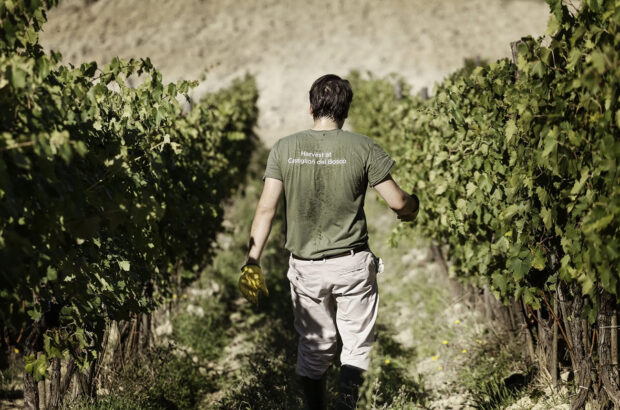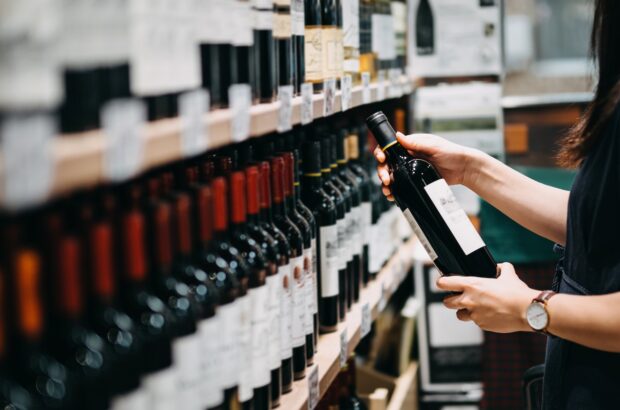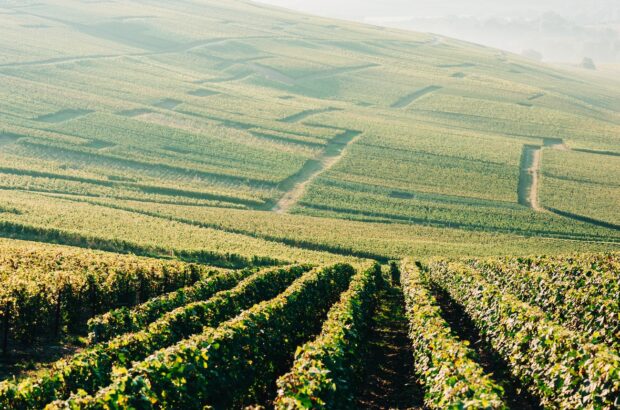A young British entrepreneur has tried to hold two of the greatest names in wine to ransom – and got his fingers burned.
Nicholas Gebbie, a 24-year-old former student and wine lover registered variations of Château Lafite-Rothschild and Château Mouton-Rothschild as internet domain names in 1999 – a now-outlawed practice known as ‘cybersquatting’.
He then offered the names back to the châteaux, suggesting they send him a couple of cases in payment – but he had not taken into account how jealously such companies guard their trademarks.
Both properties are owned by Domaines Baron de Rothschild and, as Bordeaux first growths, represent the crème de la crème of French wine aristocracy. Their names are famous worldwide, and their wine commands vast prices at auction. A case of 1982 Mouton, for example, can fetch upwards of £5000, the 1945 ten times that.
Gebbie, now a London recruitment consultant, told decanter.com he always intended to offer the names straight back to the châteaux.
‘I didn’t suggest they should pay for them, but I did say I would be very pleased with a vertical tasting case.’
The reactions of the two companies could not have been more different, Gebbie says. While Mouton instructed lawyers to bombard him with threatening letters, Lafite asked him to lunch.
‘Lafite invited me down to Bordeaux to meet over lunch at my convenience, and they’ve offered me two cases of 1995 or 1993.’
But Mouton took things more seriously, referring the case to the Internet Corporation of Assigned Names and Numbers (ICANN) and threatening legal action.
Marie-Madeleine Saintout, lawyer for Domaines Rothschild, told decanter.com both chateaux were quite willing to do a deal, but Gebbie asked too much.
‘We offered him some bottles, and said we would pay his expenses, but he kept saying it was not enough. This went on for a year or more. In the end we launched the legal action because we were tired of negotiating.’
According to Saintout, Lafite decided to offer two cases, but said Gebbie must come to Bordeaux to collect them.
She added, ‘In principle we normally would not negotiate. This is our trademark.’
Ownership of internet domain names is a legal minefield. Until the Anti-Cybersquatting Consumer Protection Act of 1999, anyone could register any name as an internet domain name. Savvy internet pioneers took ownership of such names as Panasonic, Fry’s Electronics, Hertz and Avon, selling them back to the companies at a massive profit.
Cybersquatting – registering, trafficking in, or using a domain name with intent to profit from the goodwill of a trademark belonging to someone else – is now not legal.
Written by Adam Lechmere






